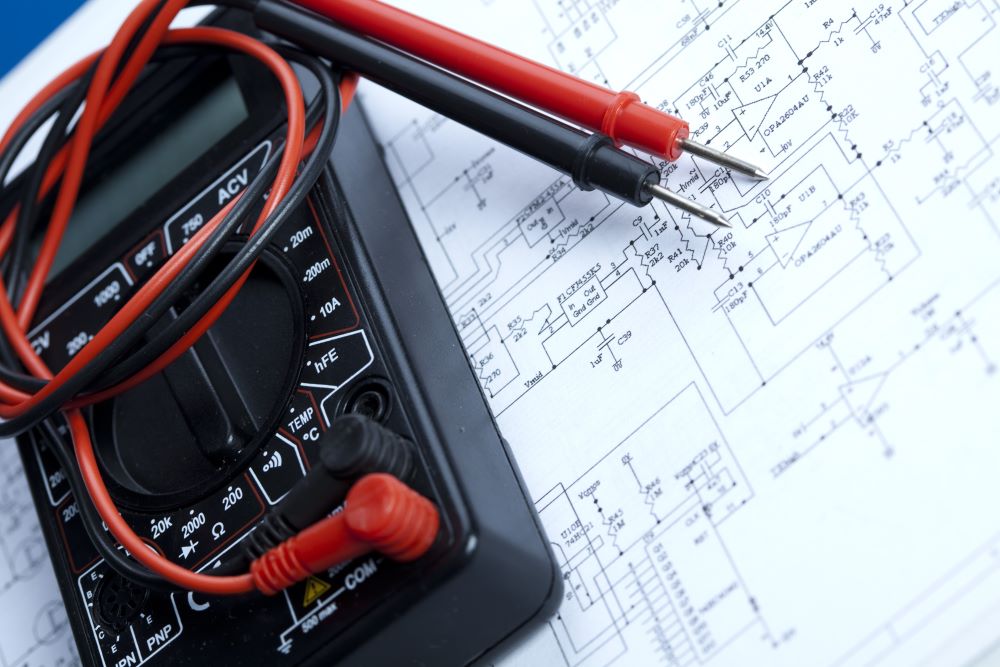Blog
How to Obtain Your Georgia Low-Voltage Contractor License

If you have a passion for tinkering with wiring systems and control circuits, a career as a low-voltage contractor may be the perfect fit for you. You’ll be able to install and service many of the systems people use every day, including garage doors, doorbells, thermostats, and even landscape lighting.
Before you can work with low-voltage systems in the state of Georgia, however, you are required to apply for and obtain a contractor license, which signals that you are knowledgeable and competent in the field.
Below, discover what it takes to acquire a low-voltage contractor license in Georgia and how to gather what you need to pursue the career path.
Low Voltage License Categories
In Georgia, low-voltage contractor licenses are awarded in four specific categories, each with its own separate examination:
- General (LV-G): Allows for work on any electrical systems (not involving alarms or telecommunications)
- Telecommunications (LV-T): Grants privileges to work with switching systems that facilitate two-way voice and data services
- Alarms (LV-A): Allows working on devices used to detect and transmit alerts for events such as forced entry, medical emergency, fire, or equipment failure
- Unrestricted (LV-U): Covers all work under the preceding three categories
Low-voltage contractors can participate in the installation, alteration, and repair of wiring systems and control circuits 50 volts or less, wiring systems with 50+ volts that consist of limited power circuits, and line-voltage wiring that does not exceed 300 volts to ground.
Requirements for Georgia Low-Voltage Contractor Licensing
To obtain a low-voltage contractor license in Georgia, you must submit an application that includes an affidavit detailing your work experience in the field, and in order to fully qualify, you must have completed at least three low-voltage wiring jobs in the year prior to submitting your application.
You must also get pre-approval from the Georgia State Board of Low-Voltage Contractors (which operates under the Office of the Secretary of State) to take the Low-Voltage Contractor Exam. While each license category has its own exam, the contents of the general exam give clues about what questions you may encounter on other tests, such as :
- Compliance with laws and regulations
- Reading blueprints for installation requirements
- Understanding how wiring and cabling affect building and installer safely
- Interior and exterior cable and wiring installation
- Documentation
The general exam consists of 155 questions on these topics and a time limit of four hours. The test is open-book and requires a score of at least 70% to pass.
Expert Exam Prep Has Its Benefits
The best way to pass Georgia’s Low-Voltage Contractor Exam is to learn from experts. At RocketCert, the minds behind our high-quality education and exam prep materials are the very best in the field. Our guides don’t simply show you what’s on the test: You’ll get access to real sample questions that show you how to solve the problems, as well as a randomly generated test simulation that helps you get as close to the real thing as possible.
If you’re taking your contractor exam soon, the time to start preparing is now. Contact us today and get the educational tools you need to finally obtain your Georgia low-voltage contractor license.
